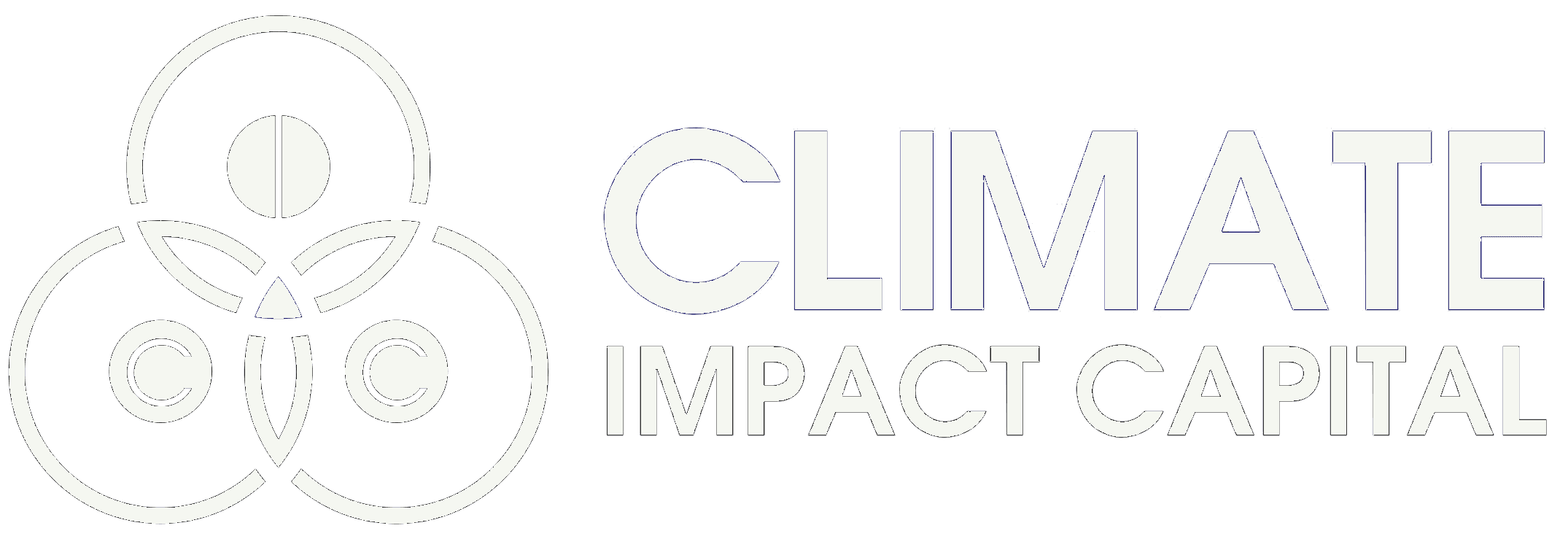Veteran roofer and solar installer PetersenDean filed for Chapter 11 bankruptcy protection in June with the intention of reorganizing its business and debt.
The California-based company released a statement Tuesday citing the effects of the coronavirus pandemic as the motivation for the claim. The company’s leads had dropped nearly 70 percent between March and April, PetersenDean told Greentech Media in late May. In the next month, the declines continued, with leads dropping 87 percent from March to May, although the month had not yet ended when the company offered up this figure.
Though PetersenDean’s solar business holds less than a 1 percent share of the solar market in the U.S., the company has maintained a more significant foothold in states such as California and Hawaii. But well before the coronavirus outbreak, its overall volumes had been steadily declining for years, according to tracking by Wood Mackenzie. Installations peaked in 2016, which was a record year for the residential solar industry at the time (since beat by 2019).
“This shows that the economic impacts from COVID-19 can severely impact larger regional installers and not just smaller ones,” said Bryan White, a WoodMac solar analyst.
While many clean-energy projects have weathered slowdowns related to the coronavirus pandemic, residential solar has struggled to keep up with the sales volumes required to keep business humming as usual.
When it came to selling solar in 2020, PetersenDean was expected to have a particular advantage in its home state, where new building codes that went into effect this year required most new homes to come paired with a solar installation. The roofer had forged financing and supply partnerships with national solar companies Sunnova and SunPower to take advantage of the new solar regulations.
As the distributed solar industry coped with slowdowns due to the coronavirus pandemic, Craig Rickabaugh, the company’s national director of purchasing, told GTM that new homes represented a bright spot for PetersenDean. But Rickabaugh acknowledged in May that consumer demand had “slowed down significantly” from pre-COVID-19 levels.
Though PetersenDean’s business will continue to function as it restructures, it’s unclear if those existing partnerships will continue now. Sunnova declined to comment on their partnership with PetersenDean. SunPower said it is “monitoring the situation” but has alternative providers in place should it need to rely on them to keep projects on schedule.
In a filing with the United States Bankruptcy Court for the District of Nevada, PetersenDean estimated its assets sat between $10 million and $50 million, with estimated liabilities in that same range. In a listing of the company’s largest creditors, PetersenDean listed outstanding debts from about $5,761 owed to a Nevada lumber supplier all the way up to more than $21 million owed to a roofing supply company based in Wisconsin. The company has between 200 and 999 creditors, according to the court filing.
PetersenDean said the Chapter 11 process, which is commonly used to reorganize a business while devising a plan to repay debt, would be the “best path forward” for the company. In the Chapter 11 process, the company usually anticipates emerging as a working business.
“Through this process, we intend to restructure our balance sheet to achieve a more sustainable debt level to reposition the business for long-term success,” said Jim Petersen, the company’s founder and CEO, in a statement.
PetersenDean, which sells solar and roofing through a number of subsidiaries, said it and its companies would continue to operate on all existing projects and maintain an “ordinary course of business” during the voluntary restructuring.

